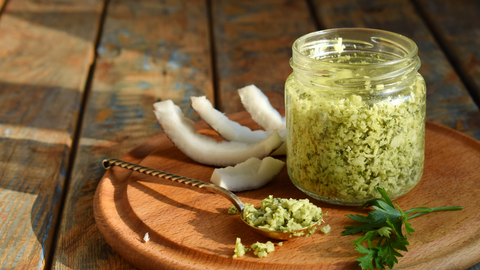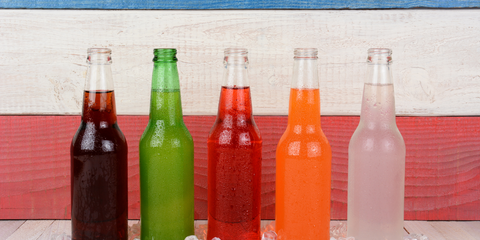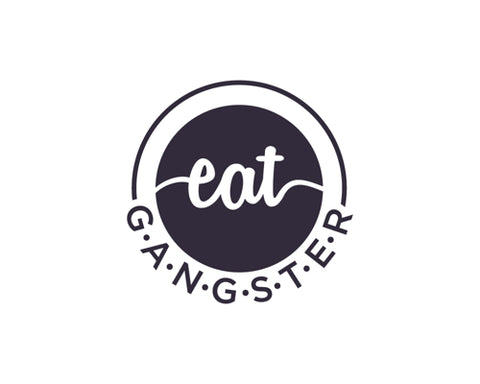Without proper management, our kitchens become a waste center producing food waste, toxic chemicals and harmful plastics. With our global population growing rapidly, this only exacerbates the high levels of waste. One thing we can do as individuals or families is to help reduce our carbon footprint, by living a zero-waste lifestyle. And we can start with our kitchens!
Zero-waste, often described as “no waste”, “minimal waste” and “low waste”, is the process of reducing the waste we create down to little or nothing (though it’s almost impossible to achieve one-hundred percent zero-waste in our modern households!). It is, however, surprisingly simple to decrease your waste by fifty to ninety percent, with certain key decisions. Starting off may seem overwhelming but we have created a list of beginner friendly zero-waste tips. Even if you don’t commit to them all, doing even some will help us achieve a more sustainable future.
Buy Your Produce From a Local Farmers Market
Buying products from supermarkets is convenient but is often wrapped in plastic packaging, overloaded with pesticides and it can also be expensive. At farmers markets, you have the option of package-free produce. You can also buy seasonally. You have the opportunity to build relationships with the local farmers and gain knowledge on what they sell and how they grow it. Their produce is super fresh, typically chemical free. Large grocers use an enormous amount of gas by transporting produce from one state or region thus emitting pollution and waste. Farmers markets tend to be hyper local (thus they use less gas getting to and from) and you can support small businesses!
Take Reusable Bags and Containers When Grocery Shopping
Single-use plastics are one of the big issues. For so long, we have relied on plastic bags when transporting our groceries. Many places around the world have begun banning plastic bags or charging the buyer to use them. The progress is there but there is more work to do! Simply choosing reusable shoppers is a great step! While using reusable bags comes with a bit of an adjustment period (forgetting them in the check-out line!) It's an easy choice. And as a tip, just keep some extra reusable totes in the trunk of your car!
Buy Pantry Items In Bulk
Having a bulk store in your area is a win! You have access to basically all your pantry essentials - and by choosing to purchase in bulk, you go to the store less (thus spending less time and gas money), avoid excess packaging and you save money in the long term on the products themselves.
Buy Cooking Liquids in Bulk
Always plan for your oils, syrups and sauces. Most bulk stores have options of most commonly used liquids but they can be pretty expensive and lack variety.
Grow Your Own Herbs
Sometimes it can be difficult to find package free herbs and to keep them fresh. Try growing them yourself! Most common herbs are relatively easy to grow - and they do not need much space. Not only is it fun to practice your green thumb, its sustainable as you only pick and pluck what you want, when you need it, while the herbs keep on growing and staying fresh.
Turn Food Scraps Into Zero-Waste Recipes
Making more food from our food scraps is a great way to reduce food waste. From stews to salads, broths to casseroles, you can find tons of recipes on Pinterest to turn your scraps into meal-time treasures!
Composting Leftovers or Scraps
Food scraps that can not be turned into food can be turned into food compost. Composting is the process of turning organic matter into nutrients for plants. It is a win-win scenario.
Put Systems in Place to Finish the Food You Have
There are numerous ways to try finishing the food you have. Make food in bulk, but freeze in smaller one-meal containers for future use. Serving small portions of food - and not leaving anything on the plate - is another way to do this. You can also try having a goal to finish your leftovers the next day before preparing a new meal. And hey, sharing is caring! Friends are a great way to avoid waste. Food waste is preventable, you just have to be diligent.
Food For Thought
Slowly transitioning to a zero waste kitchen is challenging, but it can be fun too!
What are We Doing to Help?
At eat G.A.N.G.S.T.E.R., we are committed to having one hundred percent of our product packaging to be made from at least 43% post-consumer recycled packaging by the end of Summer, 2022. This means, all of our pouches will be made from old recycled plastic bottles and the like. In addition to this, we continue to include a ziplock across all baking mix pouches, to allow the consumer to reuse the pouch for cookie or mix storage. We are excited about our commitment to the environment and will continue to look for more ways to make a difference in becoming a zero-waste company!



